The American Association of Kidney Patients (AAKP) is honored to recognize the recipients of the 2024 Medal of Excellence Award. The award is the Association’s highest honor for kidney healthcare professionals and is designed to elevate national and international figures that have been at the forefront of advancements in kidney care and patient empowerment. These individuals are staunch patient advocates and have dedicated their careers to enhancing and advancing quality of life and care for those suffering from kidney disease.
AAKP recently asked each recipient what patients have taught them and/or how patients have impacted their careers. These are their responses.


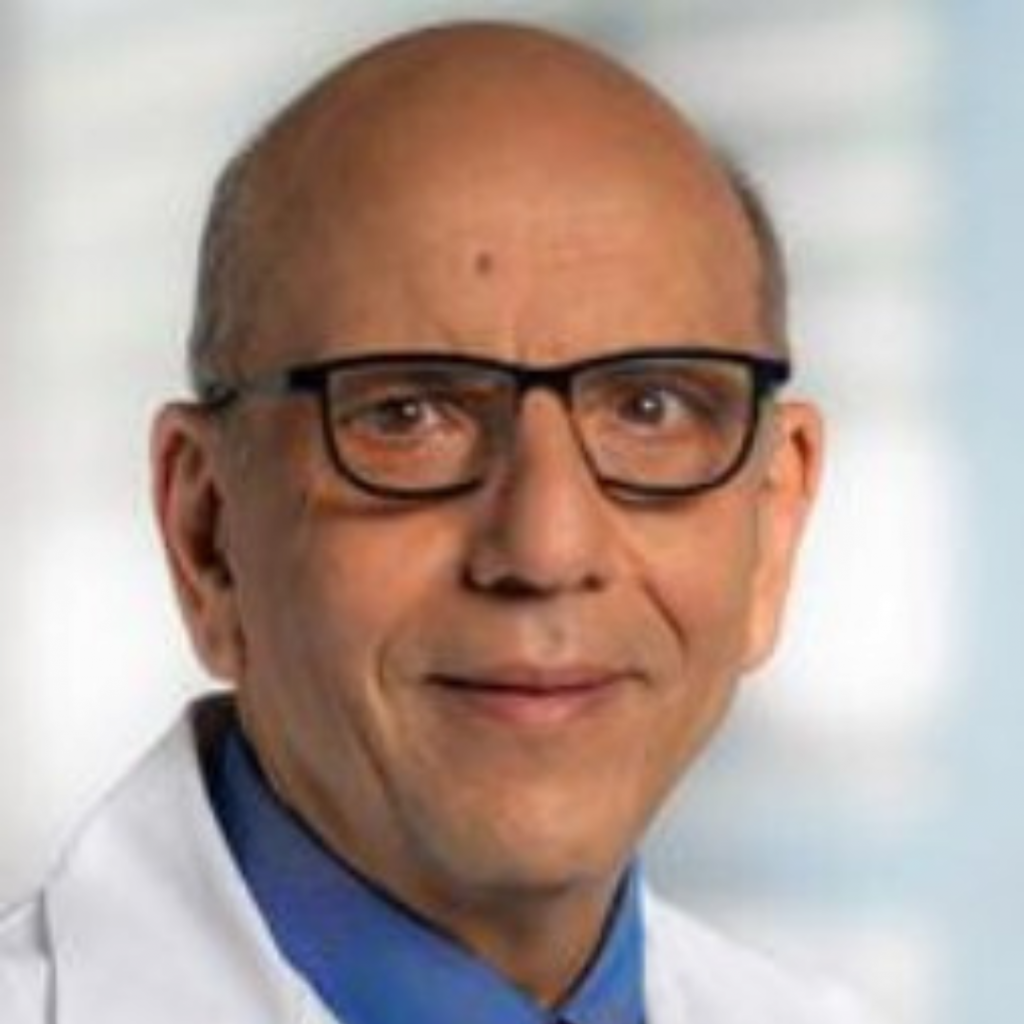
I think what I have learned is to listen to my patients intently and to “walk in their shoes.” What patients want the most is to be understood, included, and informed. I truly understand the plight of my patients, I listen to their descriptions of their life, and of their limitations and aspirations. I try so hard to tailor what I do to achieve their goals and give them the best quality of life possible. It is magical when the patient understands you are doing your best and you really care about them. They become advocates, friends, and supporters. This is what I enjoy the most with my patients.
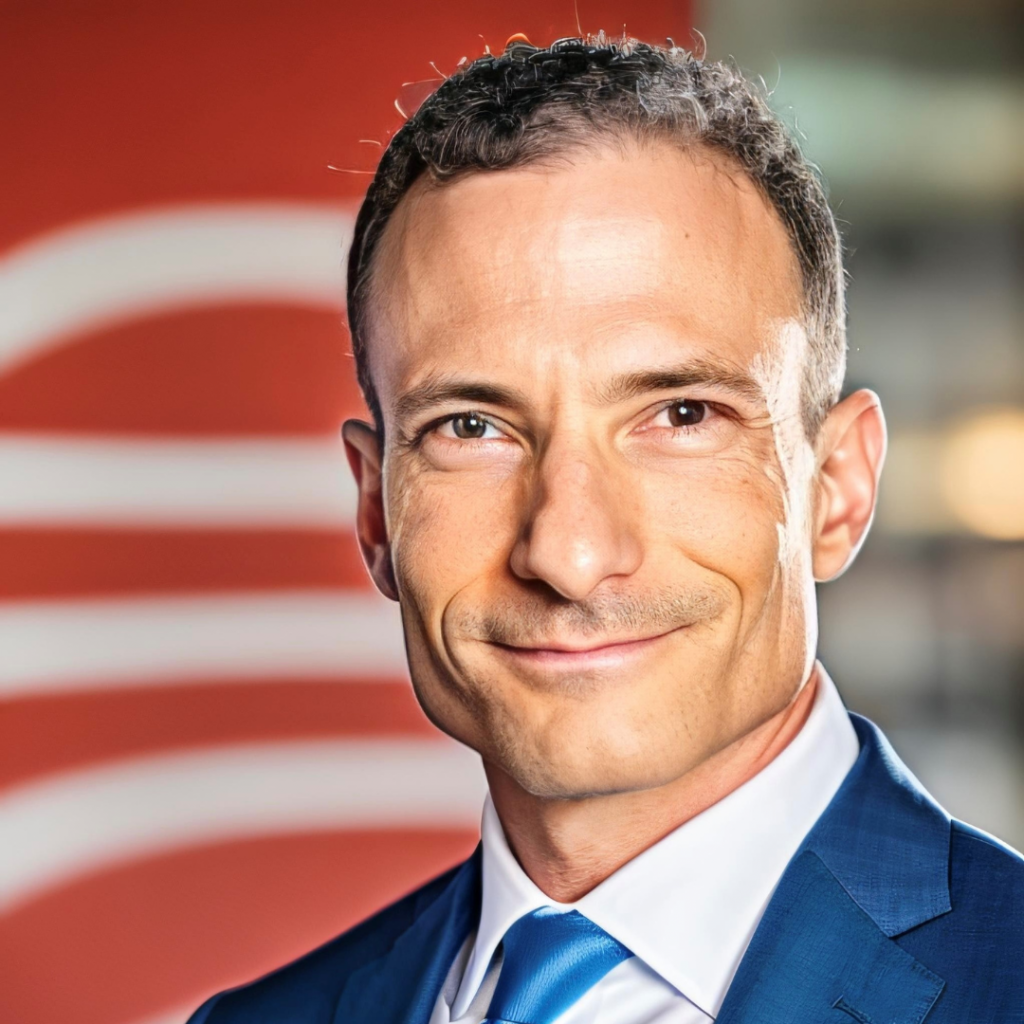
I pursued a career in medicine because of my passion to help patients and chose transplant surgery because of the life-changing power of the gift of life to save and improve lives. I have learned so much from patients over the years, and they are the reason I pursue every day with a commitment to providing the best possible care to those in need. Patients have taught me that adversity can be overcome with courage and grace, but also that together, we have the power to effect change to help all those in need.
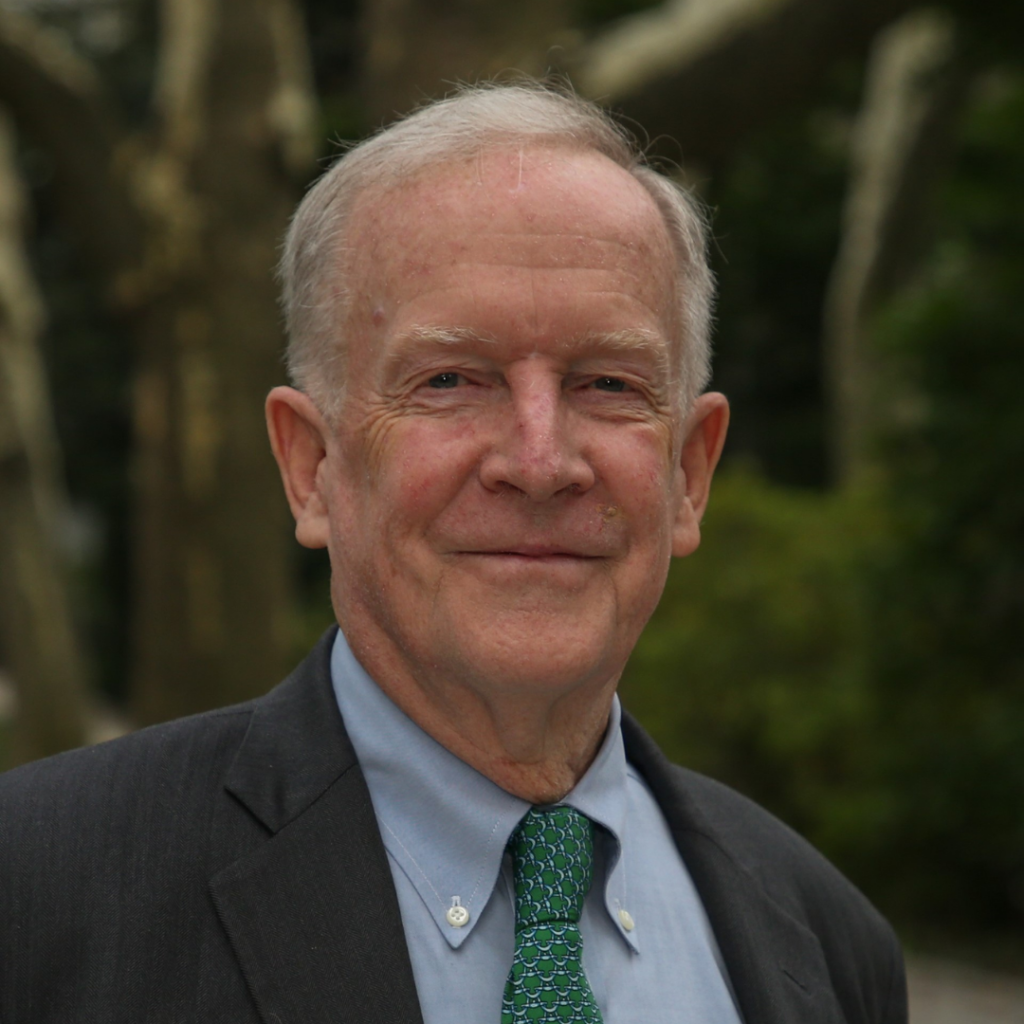
I don’t like the term “patients.” Patients are people, just as I am a person. I respect that reality deeply and have been proud to have worked with so many good people with kidney disease. We are all in this together. What patients with chronic and end-stage kidney disease have taught me is their magnificent courage and perseverance in the face of true challenges. In addition, they have taught me that health is, as WHO said in 1948, physical, mental, and social well-being. It is about total wellness. Everything we do in healthcare should be aimed, as partners, at preventing disease. When that is not possible, bringing the renal system back to wholeness with replacing the organ must be the goal.
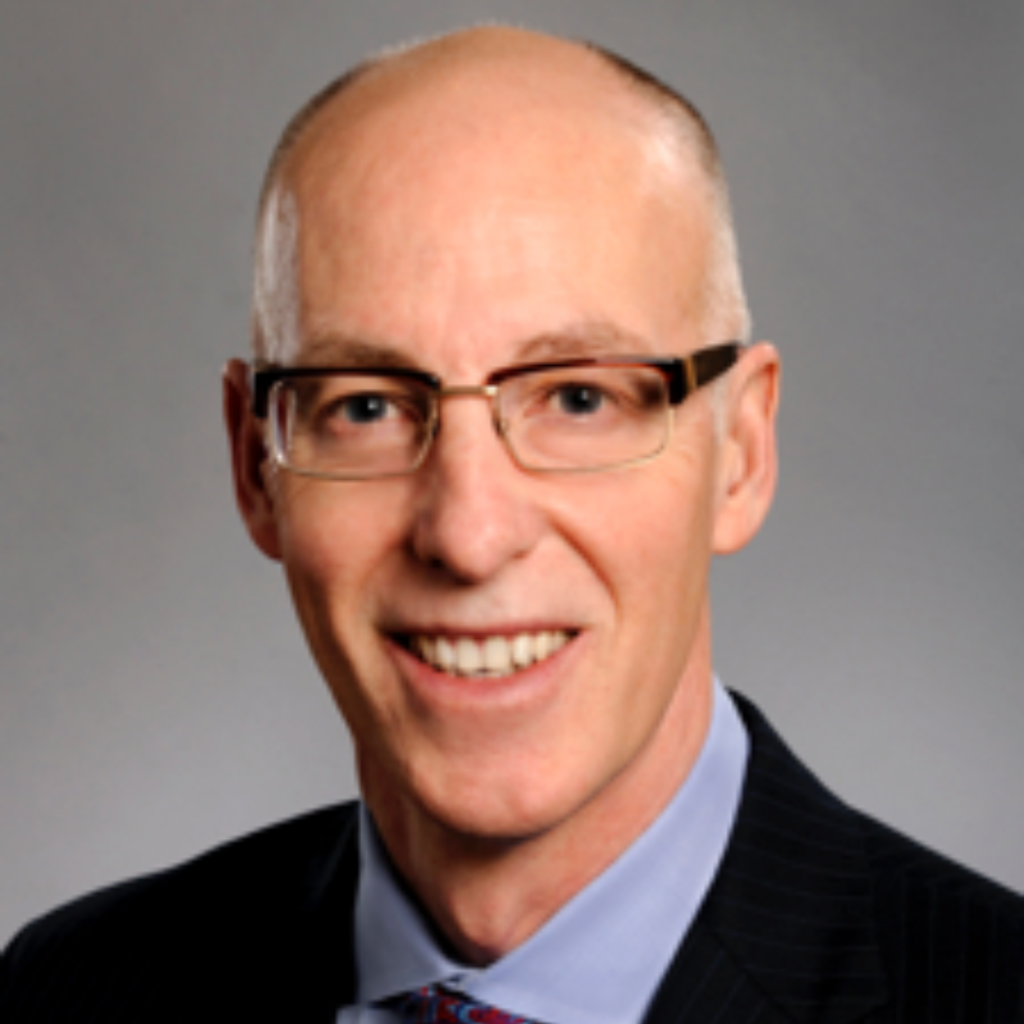
Early in the course of my 32 years as a transplant surgeon, I tended to make unilateral decisions that I felt were in the “best interests” of my patients. These choices were based almost solely on what I thought would maximize the survival of the transplanted organ. Over the years, patients and their families have taught me that many factors beyond survival impact the “success” of a transplant, such as the development of new medication-related diseases, infections, cancers, the ability to return to work, and the financial burden of treatment. I have learned that each patient and family weigh these considerations differently. Patients are now better informed and are increasingly confident in speaking out about what outcomes matter most to them and participating in decisions that optimize these outcomes.
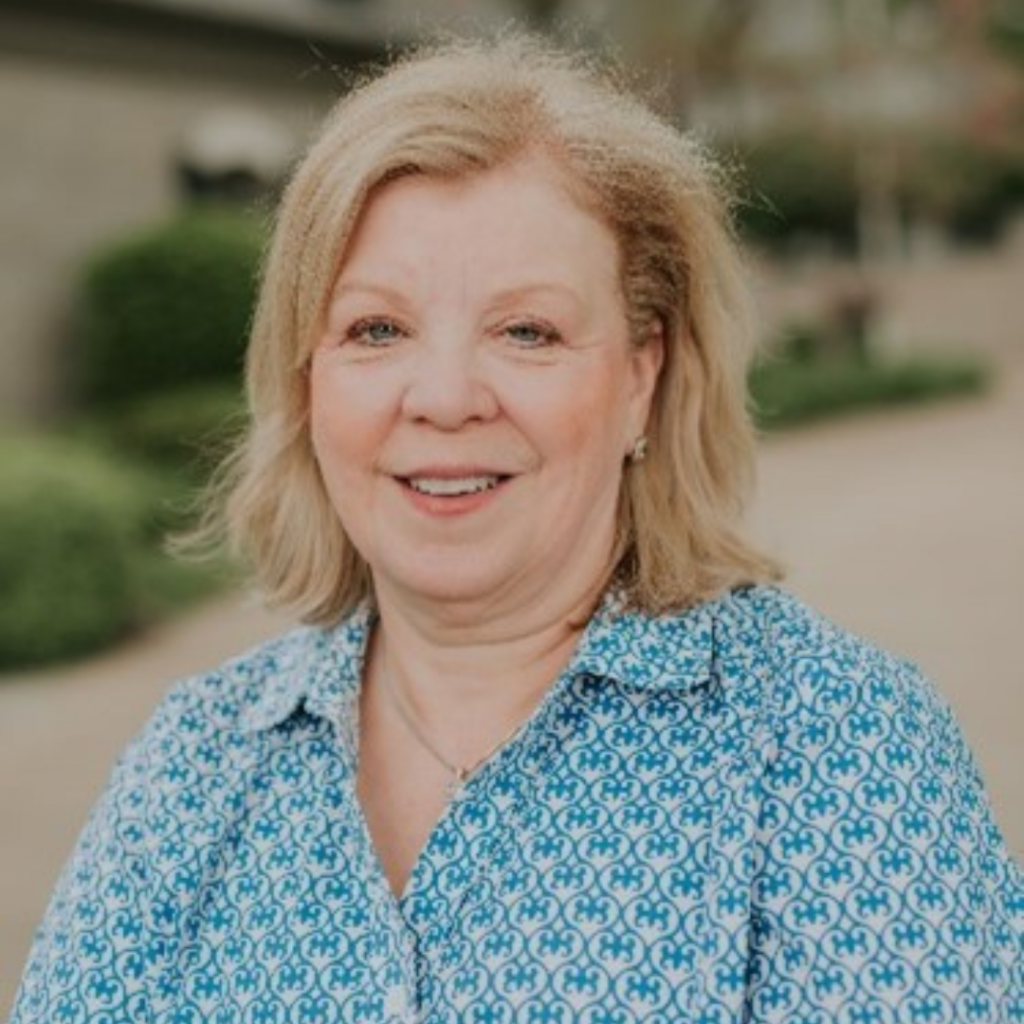
I am very direct person, and so I have learned over time to gauge how to deliver both good and bad news. Patients value getting to the “bottom line” and sometimes the news is mixed. I have had to learn to adapt my style, including providing up to date information and data, but also having time for questions. As doctors, we often feel that we know what is best, but over the course of my career, I have developed the ability to listen, decode, and have the patient share in the decision-making process.
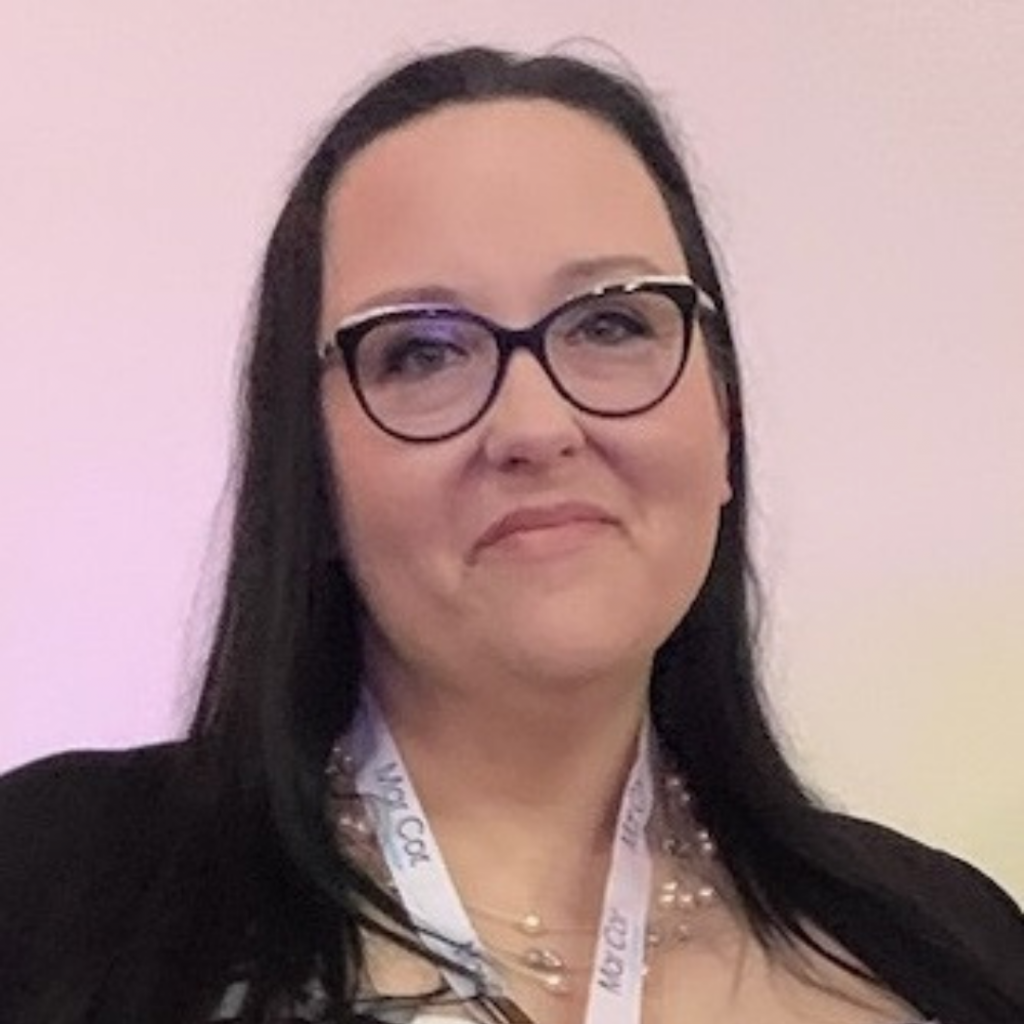
My patients are the reason I have been in the dialysis field for almost 20 years. They are everything to me. They are the reason I come to work every day. They teach me to be humble, and that no matter what life throws your way, you can still smile. Over the years, my patients have taught me that being kind-hearted and putting the care back into healthcare makes all the difference in the world. I want to be the best I can be for my patients every single day. We have no idea what is going on with our patients when they leave our clinics, so our job while they are with us is to give superior care and try to bring a little joy into their lives. You may just be the person that keeps them coming to treatment.
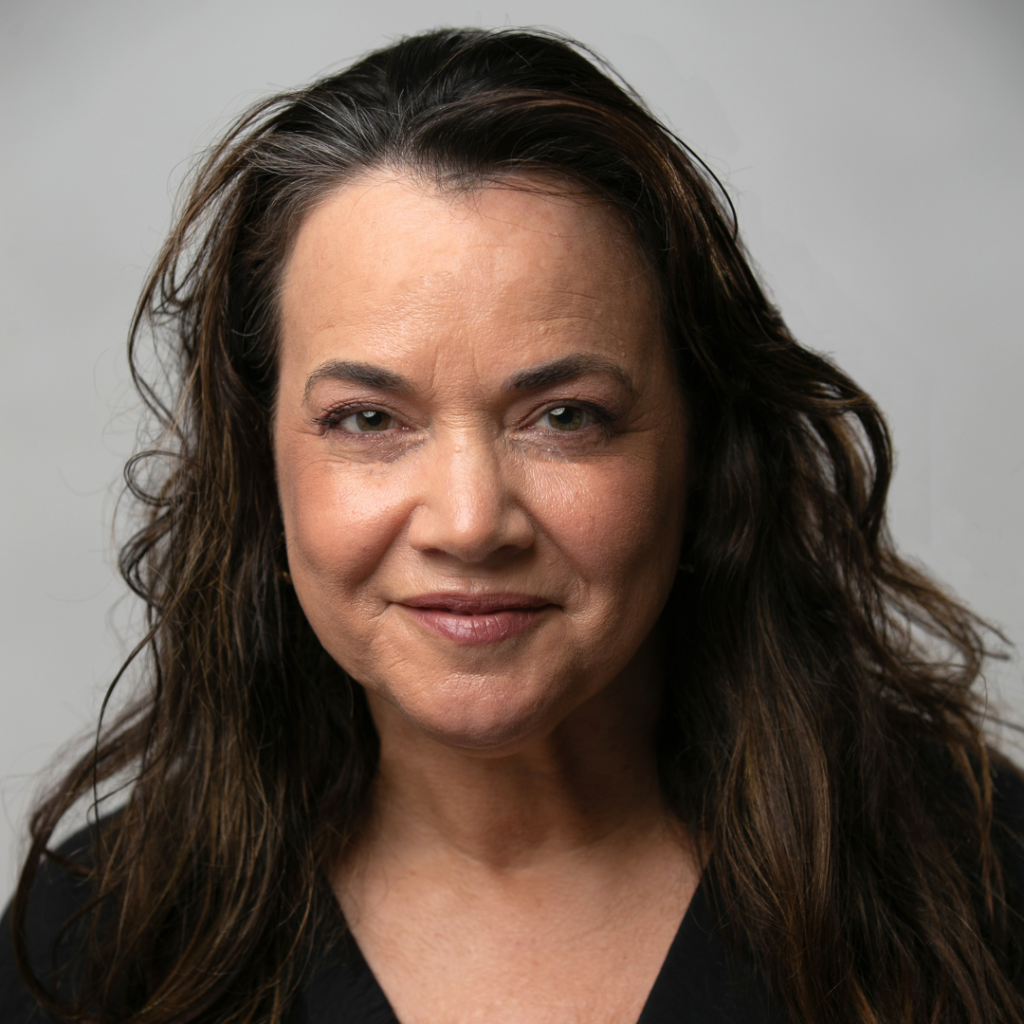
I chose to work with the ESRD population because it allowed me to develop long-term relationships with patients and their families. Social work relies entirely on the patient perspective and being open to learn how each patient adapts and copes with their circumstances. I found most patients have remarkable resilience, and that the challenge of chronic illness pushed them to grow in ways they never knew possible. I learned to be more empathetic to a patient’s experience. After all, how would I cope with a late pick up from my ambulette company, pushing back my start time on dialysis, leading to a technician who poked me several times before connecting to treatment?
We, as providers, can be quick to label patients as “difficult” or “non-compliant.” I came to realize that some of the toughest patients taught me the most as a social worker and that non-compliant is a toxic, unhelpful label. I also learned that most patients, when given an opportunity to vent, problem-solve, and participate actively in their care, will adhere more readily to a treatment plan.
I launched DOVE (Donor Outreach for Veterans) because I saw an opportunity to partner with patients in their search for living kidney donors. This helps patients feel less alone in this daunting task, keeping them as a critical participant in efforts, as well as linking them to a larger community. I am enriched by each patient I have had the privilege to know.
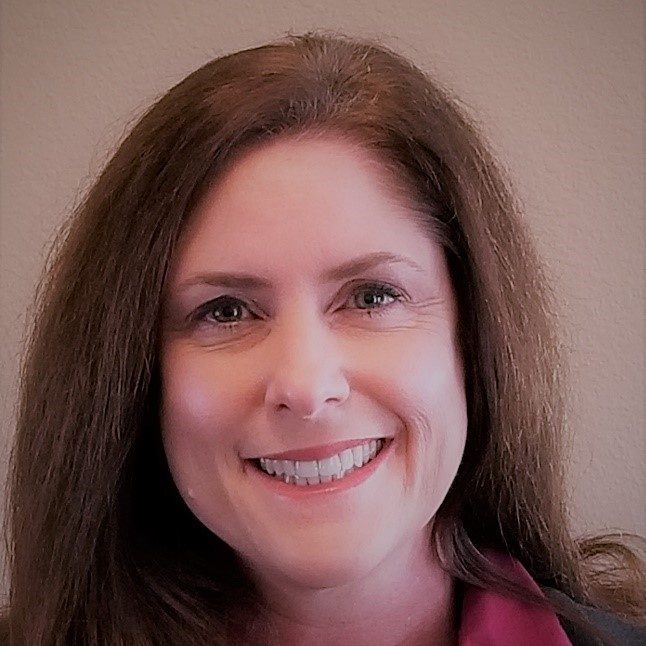
In my career as a renal nutrition dietitian, my patients have served as teachers, providing insights about kidney disease beyond my clinical knowledge. One of the primary lessons patients impart is the importance of individualized care. Each patient is unique, with distinct dietary preferences, cultural backgrounds, and medical histories. Through interactions with them, I have learned to tailor nutritional recommendations to their specific needs, comorbidities, lifestyle, and personal beliefs. This personalized approach not only enhances patient satisfaction but also fosters better health outcomes by promoting adherence to dietary guidelines.
Moreover, patients can teach empathy and resilience. Dealing with chronic kidney disease (CKD) can be emotionally and physically taxing, requiring patients to adjust to physical discomfort, dietary restrictions, and lifestyle changes. By listening to their experiences, I have gained a deeper understanding of the challenges they face and developed empathy for their struggles. Witnessing their resilience in managing their conditions despite adversity is inspiring. Patients offer feedback on the effectiveness of nutritional interventions, helping me refine strategies and improve my practice habits. The insights I have gained from patients not only encourage me to continue to grow as a clinician, but also as a compassionate and adaptive healthcare provider.
Learn more about AAKP’s Medal of Excellence at: https://bit.ly/AAKPMedalOfExcellence


















